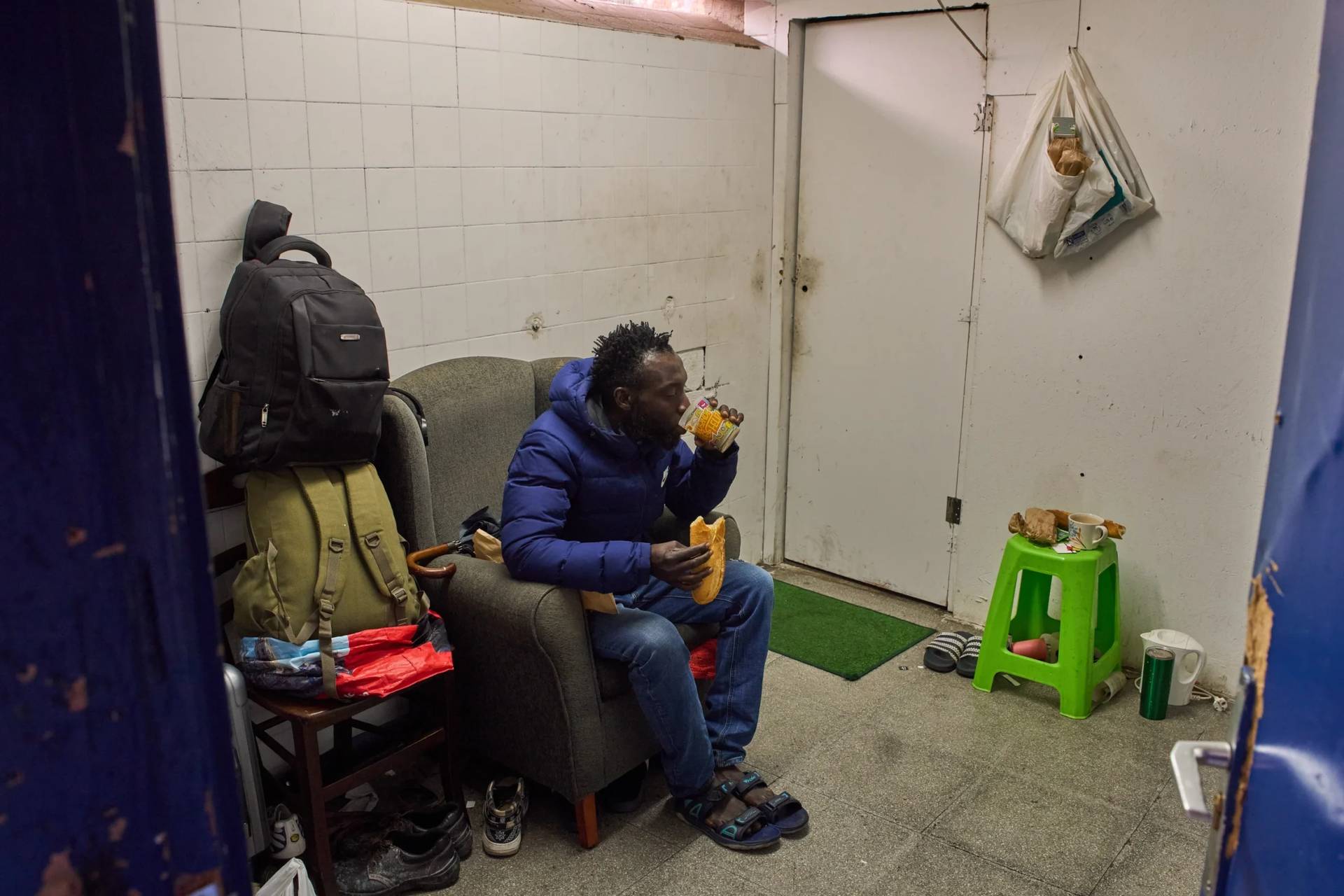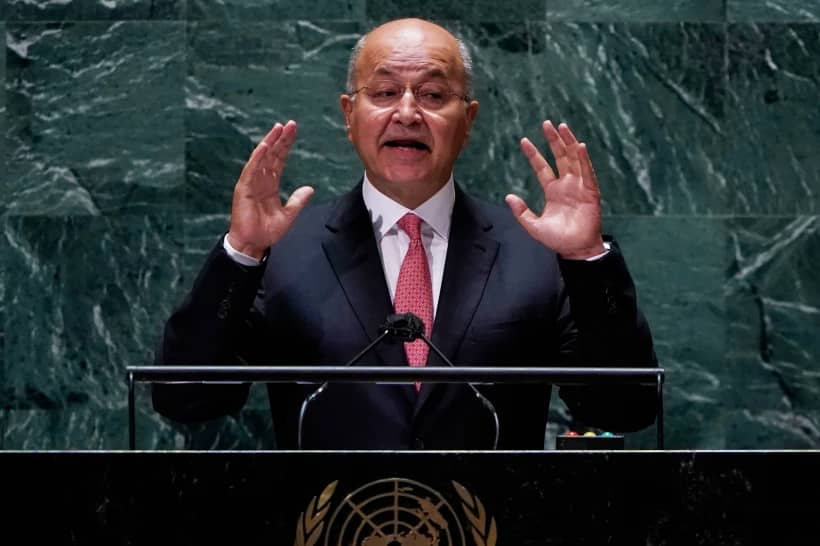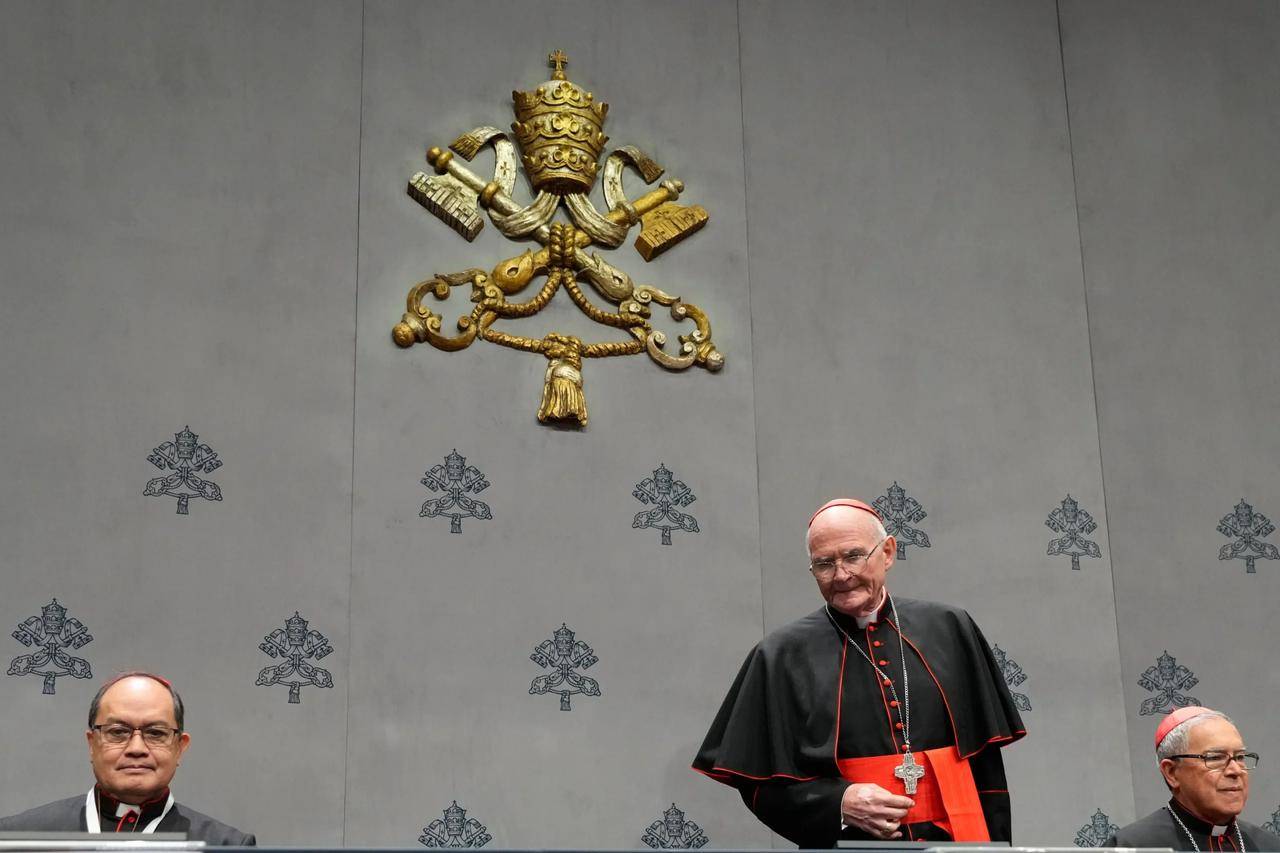ROME – Cardinal Gualtiero Bassetti on Tuesday called for an end to the war in Ukraine and urged member states of the European Union to take in more refugees in a bid to ease the burden placed on nations bordering Ukraine.
In his opening speech for the permanent council meeting of the Italian Bishops’ Conference (CEI), Bassetti, who is archbishop of Perugia and president of CEI, issued a fresh appeal to end the war in Ukraine and to provide a warm welcome to refugees who have fled.
“May this useless massacre of our time be stopped,” he said, and, quoting Pope Francis, added, “All this is inhumane! Indeed, it’s sacrilegious, because it goes against the sacredness of human life, especially against defenseless human life, which must be respected and protected, not eliminated, and which comes before any strategy.”
Bassetti then made a direct appeal to European leaders to step up their welcome, saying, “We cannot think that border countries can support this humanitarian crisis alone: It is necessary that the European Union decides to implement a real plan for the redistribution of Ukrainian citizens in the various member states.”
He called the solidarity being shown to fleeing Ukrainians in the border countries “truly moving,” but warned that if the war doesn’t end, the number of refugees and internally displaced people in Ukraine is bound to increase, with those who flee being “even more fragile and poor” than the ones who have already escaped.
So far, at least 3.3 million people have fled Ukraine since Russia invaded almost a month ago, on Feb. 24, and an additional 6.5 million have been internally displaced as bombs continue to fall, devastating cities and claiming the lives of countless civilians.
Most Ukrainians fleeing have crossed into border countries such as Moldova, Romania, Poland, Hungary, and Slovakia, and are being relocated to ease the burden on Ukraine’s neighbors.
Italy has welcomed over 56,000 Ukrainian refugees, with several flights arriving just yesterday carrying an additional 600 people who will be hosted by 20 different diocesan Caritas branches throughout the country.
“These are numbers that will grow, and which will require a welcome that is not short-term,” Bassetti said. “Our churches are doing, and will do their part in welcoming and opening corridors to facilitate the safe arrival of people who are stranded in transit countries.”
The hope of CEI, he said, is that the international political community will quickly find a solution to the conflict “by intensifying diplomatic efforts to bring about an end to the hostilities and indiscriminate violence, which always represent a step backwards on the part of humanity.”
Bassetti recalled a gathering of Mediterranean mayors and ecclesial leaders in Florence last month, which was dedicated to the pursuit of peace.
Peace, he said, “is a value that cannot be exchanged for anything, because human life cannot be bought and killed! We dream and want peace among all peoples.”
Out of this desire for peace, Bassetti announced that the Italian bishops would join Pope Francis in his consecration of Russia and Ukraine to the Immaculate Heart of Mary this Friday, March 25.
In addition to the human toll of the war, the conflict is also having an economic impact, he said, pointing to rising energy costs and inflated prices that are putting strain on an economy and families who are already “severely tested” by two years of the coronavirus pandemic.
“The number of people in absolute poverty has remained substantially stable and at alarming levels,” he said, noting that Europe’s demographics are also grim, due to an increase in deaths related to COVID-19 and a continually declining birth rate.
“We must be aware that a turnaround will not be possible without a qualitative leap on a cultural level,” he said.
In light of the current crisis Europe faces, Bassetti called for solidarity, saying now is not the time “for ephemeral shortcuts.”
“We must avoid the temptation to exploit discomfort for ideological interests and instead work to mend and pacify the fabric of human and civil relations, with special attention to the smallest and most fragile,” he said.
To this end, he pointed to steps being taken in the Italian church on the abuse front, saying it is a problem “that challenges everyone deeply and does not allow us to let down our guard.” He said that the church is making progress through the development of specific guidelines and a national service aimed at helping victims.
The route forward on this point “is drawn and firmly established,” he said.
Bassetti also praised the recent decision of Italy’s constitutional court to reject a proposed national referendum on euthanasia on grounds that the proposal did not include the minimum constitutionally required protections for human life.
Follow Elise Ann Allen on Twitter: @eliseannallen












